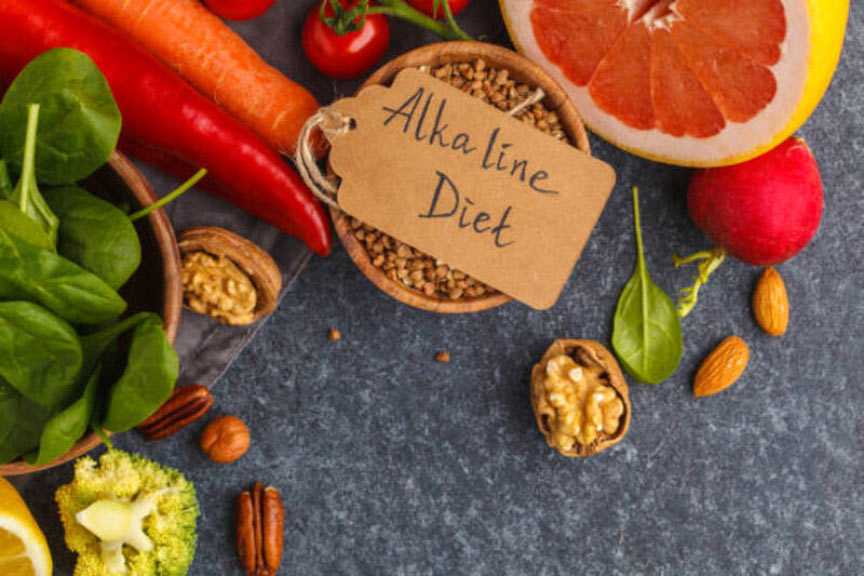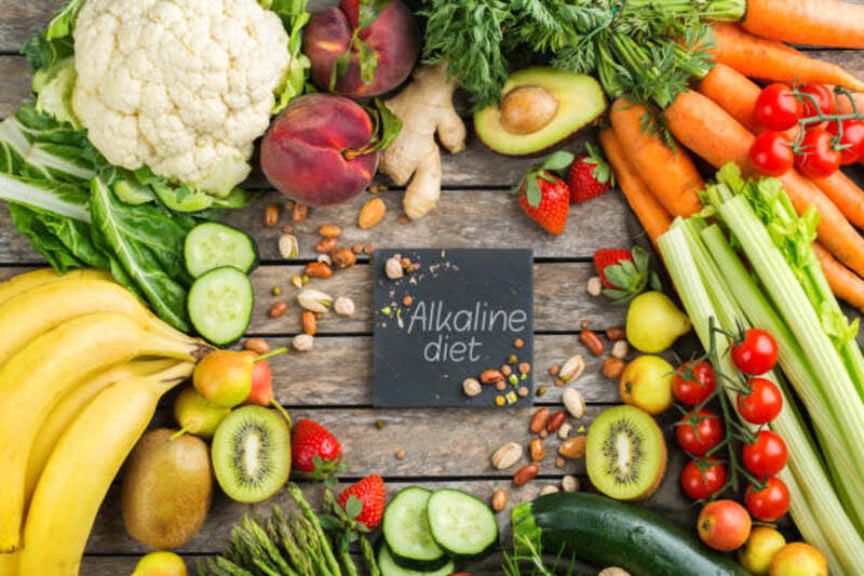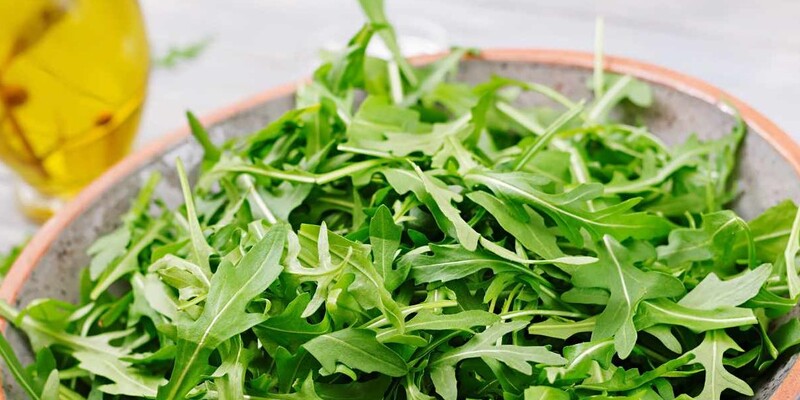Are you struggling with chronic health issues and think that they might be rooted in diet? Have you heard about the Alkaline Diet, but have no idea where to start? If so, then this blog post is for you. In it, we’ll cover what exactly an alkaline diet is, why it matters for your health and lifestyle, and how to get started on your journey towards balance. Get ready to explore the incredible benefits of nudging your body back towards its natural alkalinity - from improved digestion and energy levels to a reduction in ailments like allergies and arthritis. With just a few simple shifts in eating habits, you could be feeling healthier than ever!
What is the Alkaline Diet and how does it work to reduce chronic diseases?

The Alkaline Diet is a dietary plan that focuses on eating foods with natural alkaline qualities. This type of diet strives to adjust the body’s pH level by consuming more alkaline-forming food and drinks, while reducing acidifying foods and beverages such as processed meats, refined sugars, caffeine, and alcohol. The goal of the diet is to reduce inflammation and improve overall health by maintaining an optimum pH balance in the body.
The Alkaline Diet is based on the idea that disease thrives when our bodies are too acidic, so following a diet designed to make us more alkaline could help protect against chronic conditions such as heart disease, diabetes, obesity, and cancer. This type of dietary plan also supports healthy digestion and promotes better nutrient absorption.
What foods should be included in the Alkaline Diet?
The Alkaline Diet encourages eating plenty of alkaline-forming foods such as fresh fruits and vegetables, whole grains, legumes, nuts, seeds, and plant proteins. These are all rich sources of vitamins and minerals that can help your body stay alkaline. Some examples of alkaline-forming foods include spinach, cauliflower, broccoli, kale, celery, avocados and watermelon.
The diet also recommends limiting or avoiding acidifying foods such as processed meats and refined carbohydrates like sugar and white flour. Other common culprits include soft drinks, dairy products, coffee and alcohol.
How to Get Started on the Alkaline Diet?

Getting started on an Alkaline Diet can seem intimidating, but it doesn't have to be. Begin by making small changes in your diet and lifestyle that support a more alkalized body. Here are some tips to get you started:
- Start with fresh fruits and vegetables as your base for meals and snacks.
- Include whole grains, legumes, nuts, and seeds to your diet regularly.
- Avoid processed sugars and refined carbohydrates.
- Limit caffeine, alcohol, soft drinks and dairy products.
- Drink plenty of water throughout the day to stay hydrated.
- Exercise regularly - physical activity helps keep your body in balance.
The Alkaline Diet is all about balance - there's no need to go full-on vegan, but simply making small adjustments to your diet and lifestyle can have a major impact on your long-term health. So why not give it a try? You may just find that the Alkaline Diet works wonders for you!
Remember, the key to success with the Alkaline Diet is consistency. Try to stick with it for at least two weeks and monitor how your body reacts. If you find that you don’t feel as well as you would like, then adjust your diet accordingly and experiment until you find what works best for you.
Benefits of an Alkaline Diet:
- Improves digestion - following an alkaline diet helps to reduce acid levels in the body, which can assist with better nutrient absorption and improved digestive health overall.
- Increases energy levels - when your body is functioning optimally, it works more efficiently and you’ll experience increased energy levels throughout the day.
- Enhances mood - eating foods with natural alkaline qualities can help to boost mood and decrease stress.
- Reduces inflammation - one of the main benefits of an alkaline diet is its ability to reduce inflammation, which in turn can assist with a range of ailments such as allergies, arthritis and asthma.
Tips for following an Alkaline Diet:
- Plan ahead - meal planning is key to making sure you have healthy, alkaline-forming foods on hand when hunger strikes.
- Make it fun - experiment with different recipes and find creative ways to incorporate alkaline-forming ingredients like greens, fresh fruits and vegetables into your dishes.
- Listen to your body - check in regularly to see how you’re feeling and adjust your diet as necessary.
- Be mindful - focus on consuming whole, natural foods rather than processed or refined items.
- Don’t be too strict - remember that balance is key when it comes to a healthy lifestyle. Enjoy treats in moderation, but don’t let them become the main focus.
By following these tips and keeping in mind the benefits of an alkaline diet, you’ll be well on your way to living a healthier, balancier life. Don’t wait for chronic disease - get started today!
Conclusion:
The Alkaline Diet is a great way to get your body back in balance and reduce inflammation caused by chronic conditions. With just a few simple shifts in eating habits, you can reap the amazing benefits of improved digestion, increased energy levels, enhanced mood, and reduced ailments like allergies and arthritis. So take the first step towards achieving your health goals - start exploring the incredible benefits of an alkaline diet today!
FAQs:
Is the Alkaline Diet safe?
Yes, the Alkaline Diet is safe for most people and can provide many health benefits. It’s important to check in with your doctor before beginning any new dietary plan, especially if you have existing medical conditions or allergies.
What foods should I avoid on an Alkaline Diet?
The Alkaline Diet recommends avoiding processed meats and refined carbohydrates like sugar and white flour. Other common culprits include soft drinks, dairy products, coffee and alcohol.
How much water should I drink on an Alkaline Diet?
It is recommended to drink at least 6-8 glasses of water a day on an Alkaline Diet to stay hydrated and help your body maintain a healthy pH balance.












